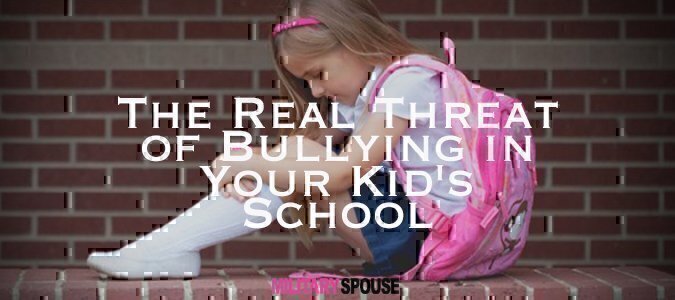Dr. Haber’s Tips
Dr. Haber has also has tips and ways to speak to your children about bullying. For more information like the below, please visit his website https://www.respectu.com
Your children will not always come out and tell you if there is a problem, watch for these signs that your child may be having trouble with sports bullying or bullying in general:
- Unexplained injuries (bruises, cuts).
- Torn or missing clothing.
- Loss of enthusiasm about the sport. •
- Self -esteem diminishes. Uses negative self-talk such as “I suck,” “I’m never going to be any good,” “I blew it again.”
- Makes excuses to skip practices or games: stomachaches, headaches, other pains.
- Gets sensitive to any sort of criticism about the game.
- When you watch games, no one passes him the ball or speaks to him on the sidelines.
- Wants to be alone after games or practices.
- Wants to quit.
If the child wants to quit, try to get to the bottom of the problem before agreeing to it. If it turns out that there’s a bullying problem, see if it can be solved- and if so, if the child’s interest in playing returns. However, if the child has just genuinely lost interest in the sport, never force the issue. There are plenty of other activities that may be a better match for your child; not everyone is meant to be an athlete and your child may come back to it at a later time.
Depending on your child’s demeanor, you may want to approach the subject in a direct manner or an indirect manner. It’s usually best to ask easier questions first, such as,
“What do you like best about practices?
Are there any nice kids on your team?”
Then you can transition to questions such as,
“How do you rate as a player compared to other kids on the team?
Do you ever see kids getting teased? Do you see kids getting picked on and hurt?
Does that ever happen to you?”
[related_post themes=”flat”]







